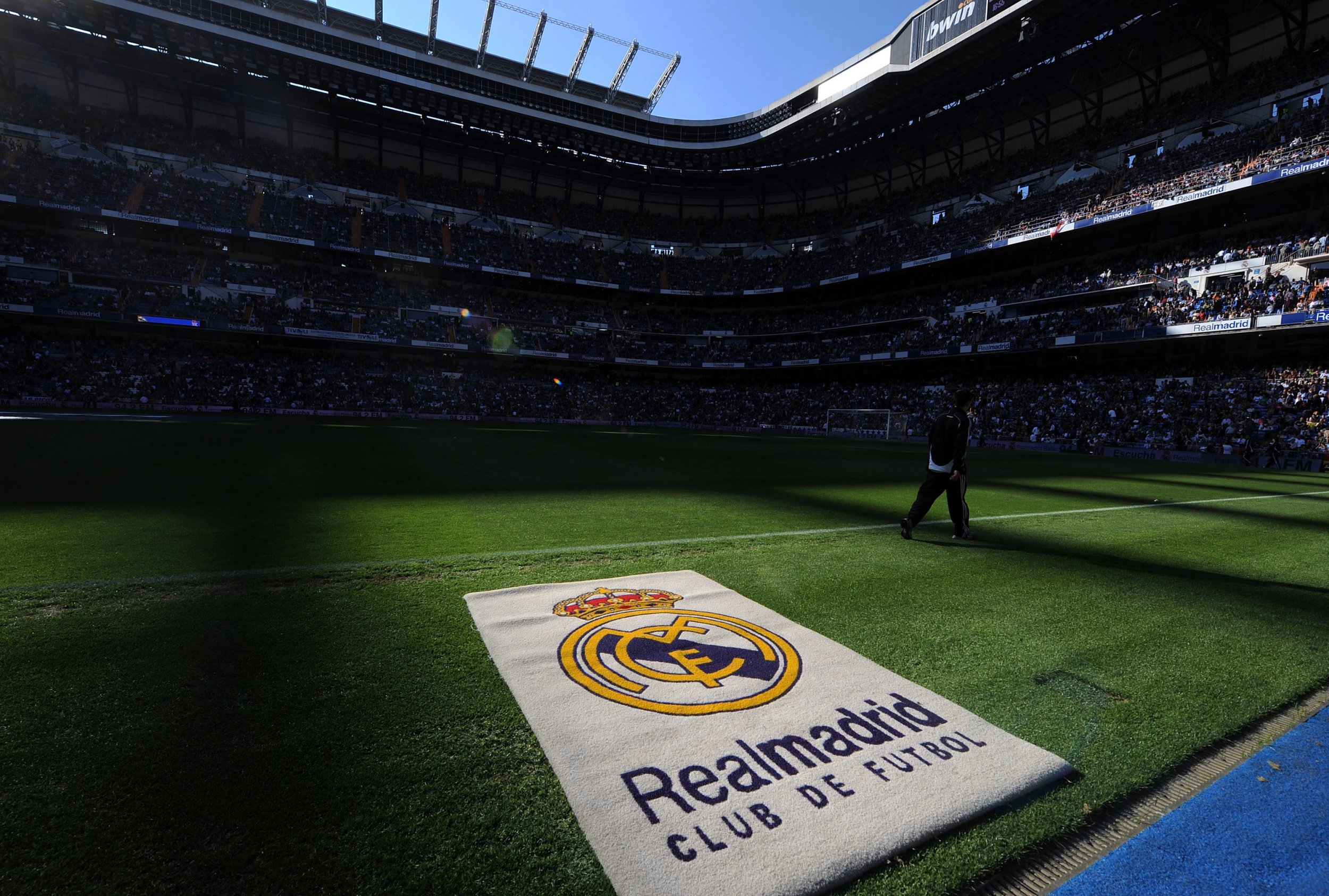
FIFA, the world football governing body, has confirmed a sanction given to Real Madrid. The rule breached by Real, and neighbors Atletico Madrid, was based in Article 19 of Regulations on the Status and Transfer of players issued to protect minors under the age of 18 in international transfers.
The punishment for Real is severe: The club is now unable to register any new players in the next two transfer windows. Although an appeal to the Court for Arbitration of Sport has been granted and the decision could be revoked, hopes of success is slim. There are also no precedents in similar cases.
My intention here, however, is not to debate nor defend the punishment, but to analyze the purpose and aim of the law, and its application to justify the sanction to Real Madrid.
The cited article was included by FIFA among regulations of transfers in order to avoid the infamous, appalling and shameful trafficking of minors, controlled by some unscrupulous people who have treated many children as a merchandise. These people try to make money at the expense of their parents' naivety and greed. This has consigned many who have failed in their dreams of a top-flight football career, almost abandoned quite far from their parents and country.
Any law or rule must be interpreted according to the meaning of its words but must be applied taking into account its spirit and purpose, while equity must also be weighed in their application.
In the case of Real Madrid, this is not how our club acts. It is, in fact, the opposite to what this organisation is trying to achieve, fighting back against the mistreatment of young children.
We have one of the best academies in the world, located in the luxurious premises of the club's impressive training complex. We take care of the kids in every aspect of their lives; we accommodate them in one of the most prestigious and well-known schools in Madrid; they have an appropriate and controlled nutrition. They are also trained by first-class coaches. Our aim, of course, is not only to prepare them to become football players but also, and in the best possible way, to be able to find other opportunities in life in case they do not succeed in football. We care much more for them as human beings than as athletes, and never leave them without the necessary support if they do not succeed.
On top of that, the children have the opportunity to make a dream come true themselves, and their families the possibility to get a much better life than the one, unfortunately, they have to face in the countries and conditions they were born in.
Bearing in mind all those facts and others that will be included in the appeal, let us hope that the punishment can be reduced or even revoked.
But if the sanction is ratified, we know the punishment should be expected. We saw our fierce rivals Barcelona given a 14-month ban in 2014 after being found guilty of breaching FIFA's rules on signing players aged under 18. The question, therefore, being raised is: Why did Real not make significant signings in the summer window and how will this affect us in future?
First of all, the squad we already have, and the loan policy adopted, can help us mitigate any difficulties in competing to win all the titles at stake without making signings in the near future. This, of course, is something that our history and our fans demand.
In fact, we have already won four games in La Liga and one in the Champions League, and let us not forget that this team has clinched two Champions League titles in the last three years, with elite players in every position.
There is also a problem of money involved. To be able to register new players to improve the side we already have, would have required spending vast amounts after investing so much in previous years under a radical player acquisition policy.
With the money from TV rights flooding the Premier League—which receives four times more money than La Liga—the market has become a bit mad and that has also been a burden for us.
Ramón Calderón is a Spanish lawyer and former president of Real Madrid Football Club.
Uncommon Knowledge
Newsweek is committed to challenging conventional wisdom and finding connections in the search for common ground.
Newsweek is committed to challenging conventional wisdom and finding connections in the search for common ground.
About the writer
To read how Newsweek uses AI as a newsroom tool, Click here.








